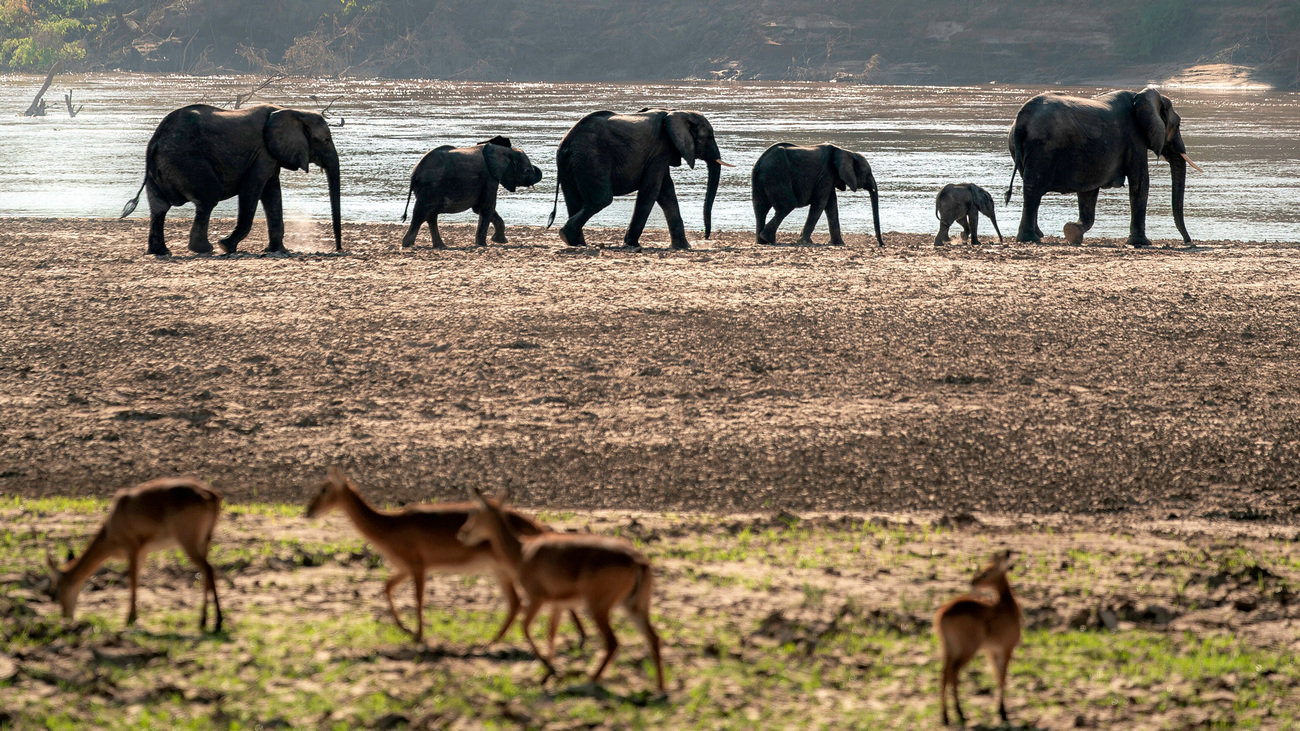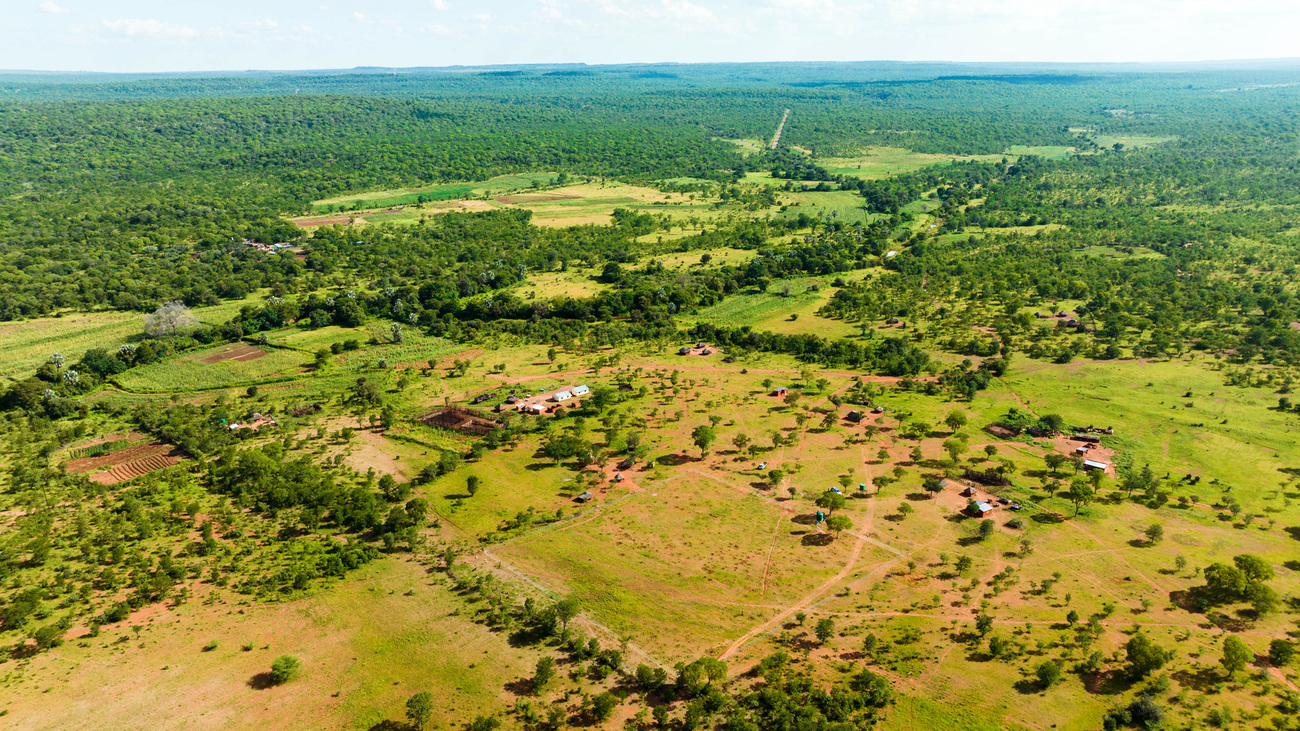Why biodiversity conservation is a critical climate solution
Why biodiversity conservation is a critical climate solution

While Africa is undoubtedly vulnerable to climate change, it also holds many solutions to the climate crisis—solutions that can catalyse a new era of growth for the continent.
This week, IFAW will be participating in the first ever Africa Climate Summit. Hosted by the Government of Kenya on behalf of the African Union, this Summit will convene more than 40 African heads of state to discuss, and hopefully agree upon, a joint vision for African action to tackle the climate crisis.
As a wildlife conservation organisation that has been working in Africa for over 20 years, IFAW has a deep understanding of the impact that climate change is having on African ecosystems and communities, and we are committed to addressing those risks in the landscapes where we operate. We believe Africa’s biodiversity and the communities who steward it are critical for tackling the climate crisis successfully.
A critical moment for Africa
This event comes at an important moment as the African continent is exposed to the serious impacts of climate change on people, ecosystems, and economies. As a result, African countries and communities face an increasingly uncertain future.
Africa is among those regions most vulnerable to climate change across the globe. Not only does climate change increase the risk of drought, flooding, tropical storms, sea level rise, and desertification on the continent, but the poverty of many countries and communities means they may not have the resources they need to cope and adapt to these changes.
Africa is also not receiving its fair share of the international finance that it needs to protect biodiversity, build climate resilience, and transition to a path of low-carbon green economic development. My hope is that the Africa Climate Summit will change that.

Protecting our planet’s safety net
Africa’s vast landscapes, unparallelled biodiversity, and existing carbon sinks are natural assets that deliver enormous benefits to the planet and humanity as a whole—they essentially provide a planetary safety net.
African leaders are looking to the Summit as an opportunity to show how these natural assets are a global public good that international actors—especially the industrialised countries that have contributed most to the climate crisis—must help protect, restore, and effectively manage. They are also hoping to harness these natural assets, using carbon and biodiversity markets, to generate the finance that their countries need to tackle climate risks while achieving sustainable development for the long term.
That’s why I’ll be participating in a variety of activities throughout the Summit, making the case for the profound role of wild animals and their habitats in tackling the climate crisis and calling on governments—both African and others—to invest in the long-term protection, restoration, and effective management of their habitats.
The value of biodiversity conservation
I’ll also be advocating for IFAW’s holistic, landscape-based approach to biodiversity conservation, in which wildlife conservation acts as the anchor for the creation of climate-resilient landscapes where animals and people can thrive together.
To that end, my IFAW colleagues and I will convene several events to showcase our flagship African initiative: Room to Roam.
Based on more than 20 years of scientific evidence on healthy elephant populations, Room to Roam aims to strengthen the climate resilience of biodiverse landscapes all the way from the Zimbabwe-Angola border to the Tsavo-Amboseli ecosystem in Kenya.
With the benefits that accrue from delivering climate-smart conservation, landscape restoration, nature-based adaptation, animal rescue, and disaster risk reduction in a holistic programme, Room to Roam aims to deliver co-benefits for climate, nature, and people at scale. This work simultaneously addresses the climate crisis and supports low-carbon sustainable development for vulnerable communities.
Through long-term partnerships with the governments and national conservation agencies of East and southern Africa, Room to Roam also highlights the critical importance of addressing the climate crisis and biodiversity risks across borders through multistakeholder collaboration.
Room to Roam presents an important example of the value that biodiversity conservation offers for tackling the climate crisis, for Africa’s communities and the world, and shows how this can be achieved in practical terms. I am excited to share IFAW’s vision of creating climate-resilient landscapes in Africa through biodiversity conservation with those attending the Africa Climate Summit.
Related content
Every problem has a solution, every solution needs support.
The problems we face are urgent, complicated and resistant to change. Real solutions demand creativity, hard work and involvement from people like you.